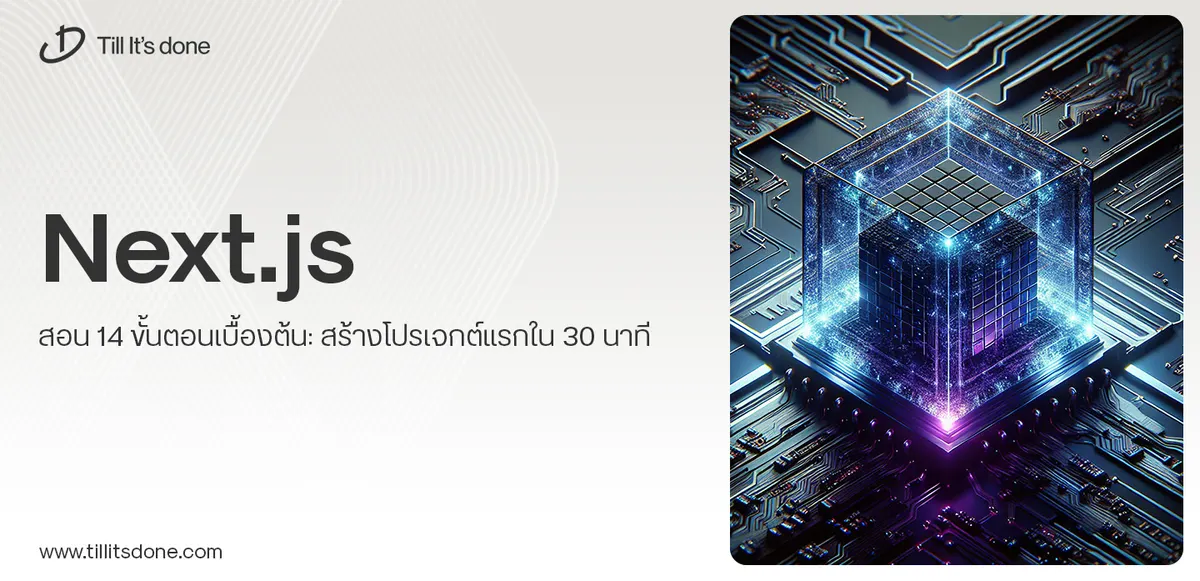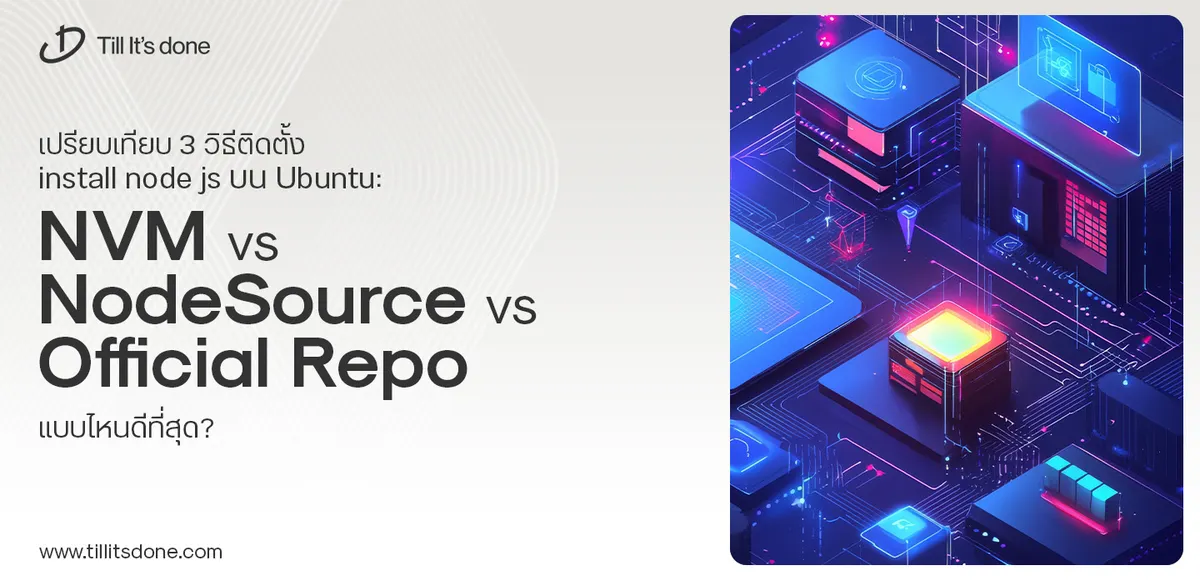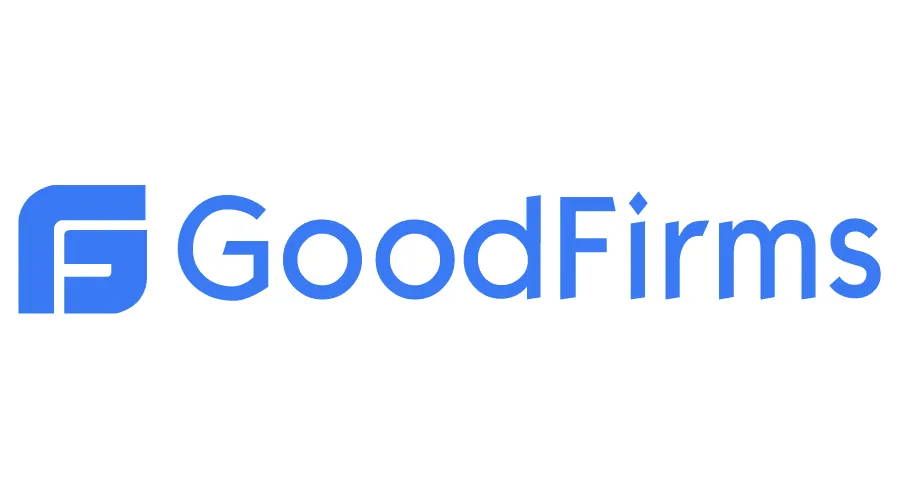- Services
- Case Studies
- Technologies
- NextJs development
- Flutter development
- NodeJs development
- ReactJs development
- About
- Contact
- Tools
- Blogs
- FAQ
Writing Clean and Maintainable Go Code Guide
Discover tips on package organization, interface design, error handling, and testing to create more efficient and sustainable Go applications.

Writing Clean and Maintainable Go Code: A Practical Guide

As Go continues to gain popularity in the software development world, writing clean and maintainable code has become more crucial than ever. Let’s explore some battle-tested practices that will help you write better Go code and make your codebase a joy to work with.
Embrace Go’s Simplicity
Go was designed with simplicity in mind, and this philosophy should reflect in your code. Instead of creating complex abstractions, focus on writing straightforward, readable code that future maintainers (including yourself) will thank you for.

Package Organization
One of the most important aspects of maintainable Go code is proper package organization. Follow these principles:
Package Naming
- Use short, concise package names that describe their purpose
- Avoid generic names like “util” or “common”
- Use lowercase names without underscores
// Goodpackage userauth
// Not so goodpackage user_authentication_utilsPackage Structure
Keep your packages focused and cohesive. Each package should have a single, well-defined purpose. A good rule of thumb is that if you can’t describe the package’s purpose in one sentence, it might be doing too much.
Interface Design
Go’s interfaces are one of its most powerful features when used correctly. Keep them small and focused:
// Goodtype Reader interface { Read(p []byte) (n int, err error)}
// Not so goodtype DoEverything interface { Read(p []byte) (n int, err error) Write(p []byte) (n int, err error) Close() error Flush() error // ... many more methods}
Error Handling
Proper error handling is crucial for maintaining reliable Go applications:
- Always check errors
- Create custom error types when needed
- Use meaningful error messages
- Wrap errors with context using
fmt.Errorfand%w
if err != nil { return fmt.Errorf("failed to process user data: %w", err)}Code Organization
Function Design
- Keep functions focused and small
- Use meaningful variable names
- Return early for error conditions
- Limit the number of parameters
// Goodfunc processUser(user User) error { if err := validateUser(user); err != nil { return fmt.Errorf("invalid user: %w", err) }
return saveUser(user)}
// Not so goodfunc process(u User, d Database, c Cache, l Logger, m Metrics) (User, error) { // ... many lines of code}Testing
Write tests that are:
- Clear and concise
- Focused on one thing
- Easy to understand what’s being tested
- Using table-driven tests when appropriate
func TestValidateUser(t *testing.T) { tests := []struct { name string user User wantErr bool }{ { name: "valid user", user: User{Name: "John", Age: 25}, wantErr: false, }, { name: "invalid age", user: User{Name: "John", Age: -1}, wantErr: true, }, }
for _, tt := range tests { t.Run(tt.name, func(t *testing.T) { err := validateUser(tt.user) if (err != nil) != tt.wantErr { t.Errorf("validateUser() error = %v, wantErr %v", err, tt.wantErr) } }) }}Documentation
Good documentation is crucial for maintainable code:
- Write clear package documentation
- Document exported functions and types
- Include examples in documentation
- Use meaningful comments that explain “why” rather than “what”
Conclusion
Writing clean and maintainable Go code is more about discipline and consistency than clever tricks. Follow these practices, and your codebase will be easier to maintain, debug, and extend. Remember, the best code is often the simplest code that gets the job done effectively.

 สร้างเว็บไซต์ 1 เว็บ ต้องใช้งบเท่าไหร่? เจาะลึกทุกองค์ประกอบ website development cost อยากสร้างเว็บไซต์แต่ไม่มั่นใจในเรื่องของงบประมาณ อ่านสรุปเจาะลึกตั้งแต่ดีไซน์, ฟังก์ชัน และการดูแล พร้อมตัวอย่างงบจริงจาก Till it’s done ที่แผนชัด งบไม่บานปลายแน่นอน
สร้างเว็บไซต์ 1 เว็บ ต้องใช้งบเท่าไหร่? เจาะลึกทุกองค์ประกอบ website development cost อยากสร้างเว็บไซต์แต่ไม่มั่นใจในเรื่องของงบประมาณ อ่านสรุปเจาะลึกตั้งแต่ดีไซน์, ฟังก์ชัน และการดูแล พร้อมตัวอย่างงบจริงจาก Till it’s done ที่แผนชัด งบไม่บานปลายแน่นอน  Next.js สอน 14 ขั้นตอนเบื้องต้น: สร้างโปรเจกต์แรกใน 30 นาที เริ่มต้นกับ Next.js ใน 14 ขั้นตอนเพียงแค่ 30 นาที พร้อม SSR/SSG และ API Routes ด้วยตัวอย่างโค้ดง่าย ๆ อ่านต่อเพื่อสร้างโปรเจ็กต์แรกได้ทันทีที่นี่
Next.js สอน 14 ขั้นตอนเบื้องต้น: สร้างโปรเจกต์แรกใน 30 นาที เริ่มต้นกับ Next.js ใน 14 ขั้นตอนเพียงแค่ 30 นาที พร้อม SSR/SSG และ API Routes ด้วยตัวอย่างโค้ดง่าย ๆ อ่านต่อเพื่อสร้างโปรเจ็กต์แรกได้ทันทีที่นี่  วิธีสมัคร Apple Developer Account เพื่อนำแอปขึ้น App Store ทีละขั้นตอน อยากปล่อยแอปบน App Store ระดับโลก มาอ่านคู่มือสมัคร Apple Developer Account พร้อมเคล็ดลับ TestFlight และวิธีอัปโหลดที่ง่ายในบทความเดียวนี้ได้เลย
วิธีสมัคร Apple Developer Account เพื่อนำแอปขึ้น App Store ทีละขั้นตอน อยากปล่อยแอปบน App Store ระดับโลก มาอ่านคู่มือสมัคร Apple Developer Account พร้อมเคล็ดลับ TestFlight และวิธีอัปโหลดที่ง่ายในบทความเดียวนี้ได้เลย  TypeScript Interface คืออะไร? อธิบายพร้อมวิธีใช้และข้อแตกต่างจาก Type เรียนรู้วิธีใช้ TypeScript Interface เพื่อสร้างโครงสร้างข้อมูลที่ปลอดภัยและเข้าใจง่าย พร้อมเปรียบเทียบข้อดีข้อแตกต่างกับ Type ที่คุณต้องรู้ ถูกรวมเอาไว้ในบทความนี้แล้ว
TypeScript Interface คืออะไร? อธิบายพร้อมวิธีใช้และข้อแตกต่างจาก Type เรียนรู้วิธีใช้ TypeScript Interface เพื่อสร้างโครงสร้างข้อมูลที่ปลอดภัยและเข้าใจง่าย พร้อมเปรียบเทียบข้อดีข้อแตกต่างกับ Type ที่คุณต้องรู้ ถูกรวมเอาไว้ในบทความนี้แล้ว  Material-UI (MUI) คืออะไร อยากสร้าง UI สวยงามและเป็นมืออาชีพในเวลาอันรวดเร็วใช่ไหม มาทำความรู้จักกับ Material-UI (MUI) ที่ช่วยให้คุณพัฒนาแอปพลิเคชันบน React ได้ง่ายและดูดีในทุกอุปกรณ์
Material-UI (MUI) คืออะไร อยากสร้าง UI สวยงามและเป็นมืออาชีพในเวลาอันรวดเร็วใช่ไหม มาทำความรู้จักกับ Material-UI (MUI) ที่ช่วยให้คุณพัฒนาแอปพลิเคชันบน React ได้ง่ายและดูดีในทุกอุปกรณ์  เปรียบเทียบ 3 วิธีติดตั้ง install node js บน Ubuntu: NVM vs NodeSource vs Official Repo แบบไหนดีที่สุด? เรียนรู้วิธีติดตั้ง Node.js บน Ubuntu ด้วย NVM, NodeSource หรือ Official Repo เลือกวิธีที่เหมาะกับความต้องการของคุณ พร้อมเปรียบเทียบ เพื่อการพัฒนาที่มีประสิทธิภาพ!
เปรียบเทียบ 3 วิธีติดตั้ง install node js บน Ubuntu: NVM vs NodeSource vs Official Repo แบบไหนดีที่สุด? เรียนรู้วิธีติดตั้ง Node.js บน Ubuntu ด้วย NVM, NodeSource หรือ Official Repo เลือกวิธีที่เหมาะกับความต้องการของคุณ พร้อมเปรียบเทียบ เพื่อการพัฒนาที่มีประสิทธิภาพ! พูดคุยกับซีอีโอ
We'll be right here with you every step of the way.
We'll be here, prepared to commence this promising collaboration.
Whether you're curious about features, warranties, or shopping policies, we provide comprehensive answers to assist you.


